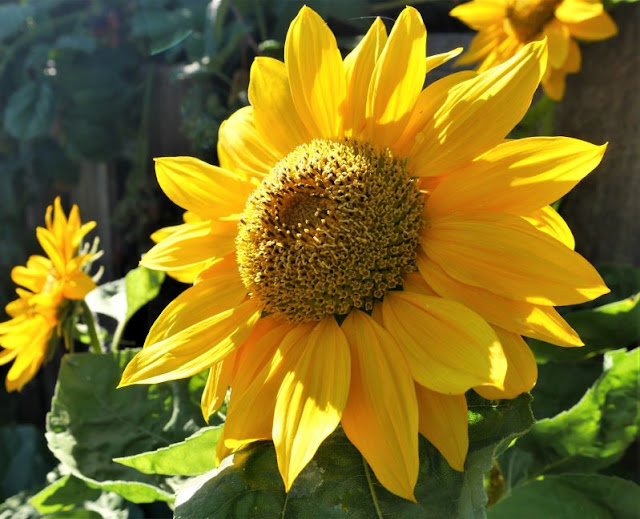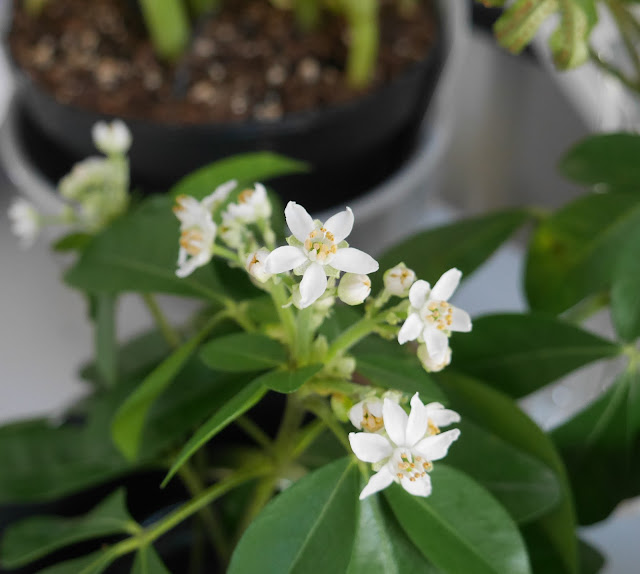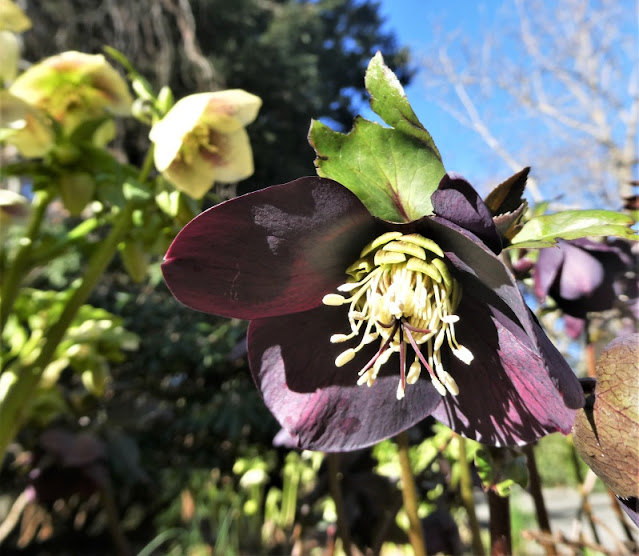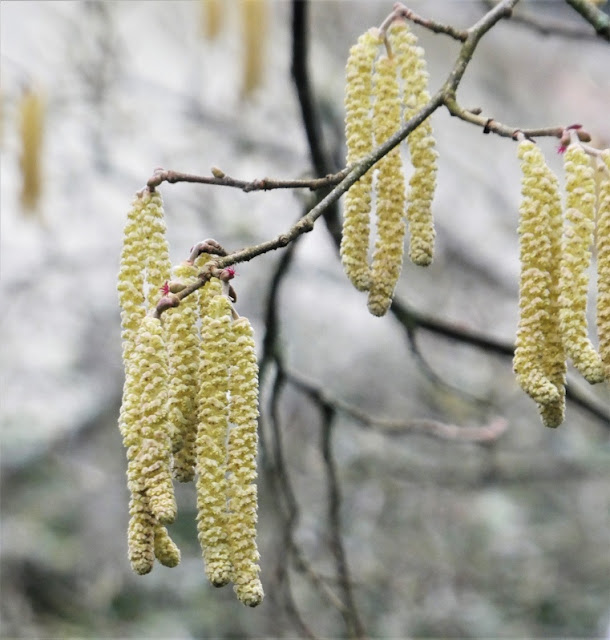In the 1760s Catherine the Great, Empress of Russia, extended an invitation to Mennonites living in Prussia (Poland) to take up farming in the rich lands of Ukraine. Mennonites were of Dutch Anabaptist heritage, adhering to pacifism and adult baptism. Catherine enticed them with promises that they could keep their language (German), build their own schools and churches, and be exempt from military service. She also granted them large parcels of land to boost national food production.
The Mennonites flourished in Ukraine. Enormous and prosperous farms contributed to Catherine's vision to modernize Russia. Although the Mennonites kept themselves apart from the fabric of Russian society, they contributed economically.
As new rulers took the place of Catherine, the rights granted to the Mennonites were gradually eroded. Some families left the country in the 1870s and settled in parts of Canada, the USA, Mexico, and South America. After the Russian Revolution after World War I, the fabric of their society was torn apart. Many, many Mennonites emigrated, and among them were both of my grandfathers. My grandmothers, also Mennonites, were born in Canada, from families who had left earlier.
In the 1970s my maternal grandfather took a trip back to the Ukraine to see his former home. After more than 50 years, there was little left, although he recognized the place where his family's home once stood. Once again, the Mennonites had moved on.
Although the Mennonites didn't integrate into the fabric of Ukrainian culture, there are bits and pieces gathered through the years that have remained. Food traditions are one. Vareniki (also known as pierogi), borscht, holupchi (cabbage rolls), and other dishes are ones I grew up with, and make today for my family. Ukraine was good to my forefathers and mothers, and I stand with her in these desperate times.




































